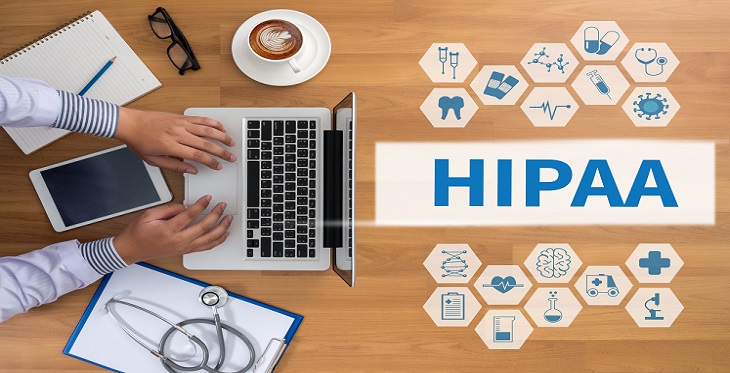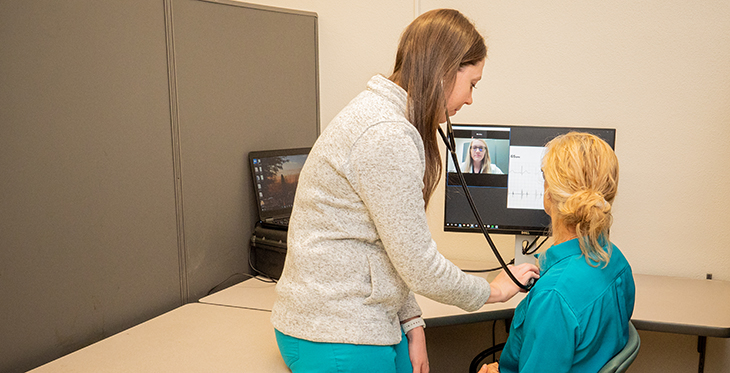The United States Distance Learning Association, founded in historic Boston in 1987, has grown to become the nation’s leading distance-learning organization.
The USDLA’s members are talented professionals from around the world. They network and share best practices with literally every distance learning constituency, including telehealth; corporate training; basic and higher education; home schoolers; continuing education, government programs, advances in technology, and more. Members collaborate in person and from a distance, with all available modalities, with expertise in videoconferencing, webinars and online learning.




